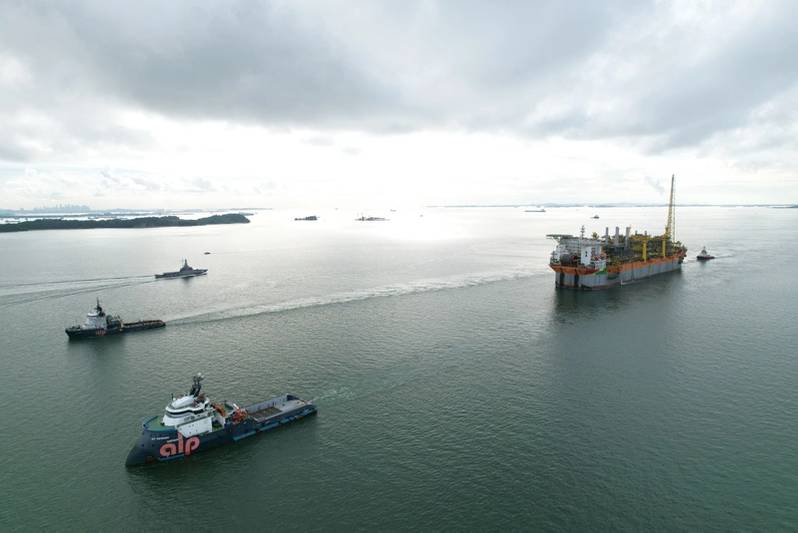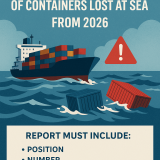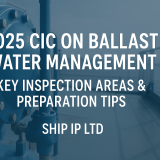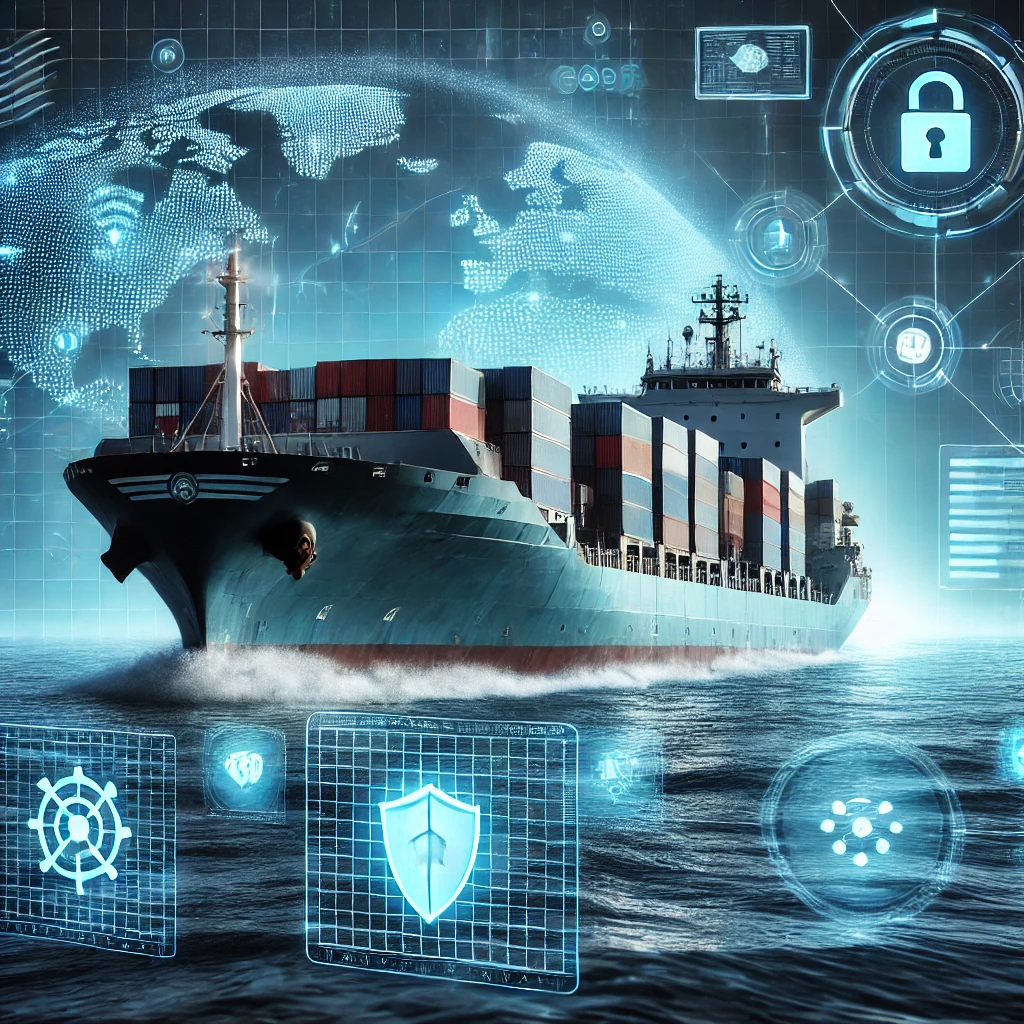French LNG containment specialist GTT has launched LNG Optim, a new digital “Smart Shipping” solution.
GTT claims the tool helps LNG operators, and LNGC1 or LNG-fuelled vessel ship-owners, to prepare the voyages of their vessels in order to reduce the overall fuel consumption and to manage Boil-off gas in the tanks.
For several years, GTT Group has been extending its range of services to support the maritime industry in its digital and energy transformation, with the launch of Smart Shipping solutions to optimise the energy performance of ships.
The LNG Optim solution, based on GTT’s unique expertise in studying boil-off gas management and developed in collaboration with the Group’s subsidiaries, Ascenz, Marorka and OSE Engineering, has already been adopted by major players in LNG shipping.
The studies performed by GTT to design this solution took into account the modelling of complex phenomena such as LNG ageing, the influence of sea states on Boil-off gas generation, as well as the impact of active systems like reliquefaction plants and sub-coolers.
Philippe Berterottière, Chairman and CEO of GTT, declared, “This new technological innovation from GTT, which is the result of joint work between the different teams of the Group, marks our ambition in the very promising field of “Smart Shipping”. Our Digital offer aims to support ship-owners, charterers and operators in the energy transition, by optimizing the operational and environmental performance of their LNG-fuelled vessels”.







